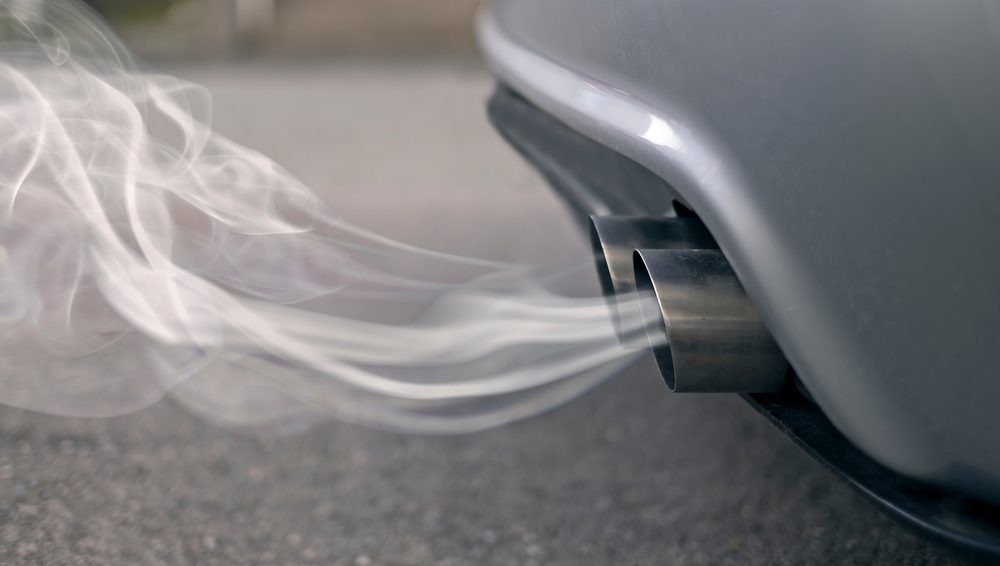
The end of the traditional internal combustion engine is coming into view—at least for EU consumers. On Saturday, March 25th, Berlin aligned with the European Commission, bringing closer a post-2035 ban on the selling of cars using such engines.
Berlin’s erstwhile obstinacy gave way after it successfully negotiated an exemption for cars running on synthetic e-fuels, which are ‘CO2-neutral’ overall. To meet its 2030 and 2050 climate targets, the EU has made the transition to zero-emission vehicles within its borders a priority.
In recent weeks, German Transport Minister Volker Wissing and Commissioner Frans Timmermans locked horns over the issue. It was Timmermans, executive vice president of the EU’s European Green Deal initiative, who on Saturday morning reported that the impasse had been broken.
In a tweet, he said they would now start work “on getting the CO2-standards for cars regulation adopted as soon as possible,” and that the European Commission would “follow-up swiftly with the necessary legal steps to implement recital 11”—in EU law, a text that sets out reasons for the provisions of an enactment while avoiding normative language and political argumentation.
We have found an agreement with Germany on the future use of efuels in cars.
— Frans Timmermans (@TimmermansEU) March 25, 2023
We will work now on getting the CO2-standards for cars regulation adopted as soon as possible, and the Commission will follow-up swiftly with the necessary legal steps to implement recital 11.
In early March, Timmerman’s German negotiation partner held off on signing the ‘clean cars’ (electric or hydrogen) bill, thereby postponing what was expected to be a mere formality. As late as October 2022, Germany had given its blessing to the bill, as had most other EU countries and the European Parliament.
In the wake of Berlin’s show of hesitancy, nations such as Italy, Poland, and Bulgaria demanded concessions of their own—concessions which would invariably affect various measures intended to cut carbon emissions, which the EU hopes to reduce by 55% by 2030.
While Berlin desired “climate-neutral mobility,” Wissing said, one should be open to all conceivable technologies, including e-fuels.
Though a provision for e-fuels was in the original bill, the German minister wanted more guarantees. In Brussels, the roadblock put up by the minister was interpreted as a political move, made to raise the profile of both himself and his party, the liberal Freie Demokratische Partei (FDP).
Given major electoral defeats, and with increasingly frayed relations with its coalition partners, the SPD and the Greens, the FDP was suspected of having hitched its wagon to driver-friendly policies. Electorally (Germany is to hold national elections in late 2025), such a strategy might pay dividends, as evinced by a recent poll which reported that 67% of respondents were against engine ban legislation.
The bill will be voted on next Tuesday, three weeks later than originally planned. The new agreement on e-fuel cars is expected to be appended to the bill, with the bill itself remaining unchanged.
